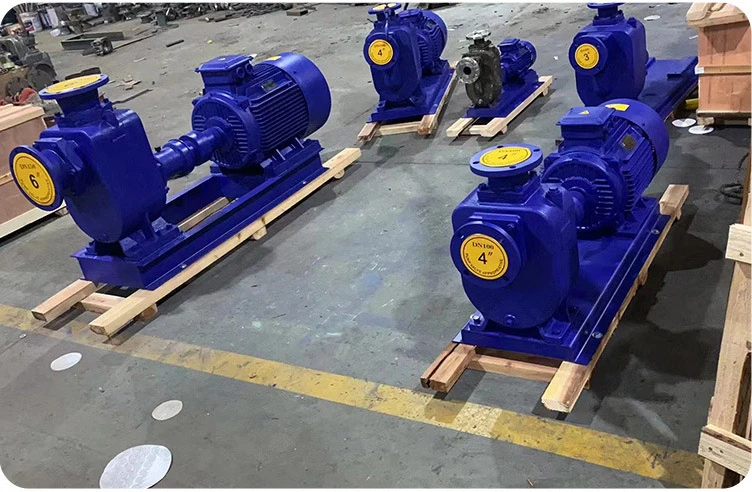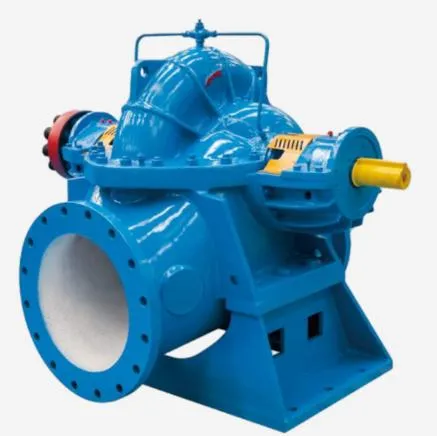TEL:
+86 13120555503
English
- Afrikaans
- Albanian
- Amharic
- Arabic
- Armenian
- Azerbaijani
- Basque
- Belarusian
- Bengali
- Bosnian
- Bulgarian
- Catalan
- Cebuano
- Corsican
- Croatian
- Czech
- Danish
- Dutch
- English
- Esperanto
- Estonian
- Finnish
- French
- Frisian
- Galician
- Georgian
- German
- Greek
- Gujarati
- Haitian Creole
- hausa
- hawaiian
- Hebrew
- Hindi
- Miao
- Hungarian
- Icelandic
- igbo
- Indonesian
- irish
- Italian
- Japanese
- Javanese
- Kannada
- kazakh
- Khmer
- Rwandese
- Korean
- Kurdish
- Kyrgyz
- Lao
- Latin
- Latvian
- Lithuanian
- Luxembourgish
- Macedonian
- Malgashi
- Malay
- Malayalam
- Maltese
- Maori
- Marathi
- Mongolian
- Myanmar
- Nepali
- Norwegian
- Norwegian
- Occitan
- Pashto
- Persian
- Polish
- Portuguese
- Punjabi
- Romanian
- Russian
- Samoan
- Scottish Gaelic
- Serbian
- Sesotho
- Shona
- Sindhi
- Sinhala
- Slovak
- Slovenian
- Somali
- Spanish
- Sundanese
- Swahili
- Swedish
- Tagalog
- Tajik
- Tamil
- Tatar
- Telugu
- Thai
- Turkish
- Turkmen
- Ukrainian
- Urdu
- Uighur
- Uzbek
- Vietnamese
- Welsh
- Bantu
- Yiddish
- Yoruba
- Zulu
Telephone: +86 13120555503
Email: frank@cypump.com
Jan . 11, 2025 10:12 Back to list
high pressure slurry pump
High pressure slurry pumps are integral components in a variety of industrial sectors, renowned for their robustness and efficiency in moving viscous, abrasive, and corrosive fluids. As industries continue to rely on these powerful machines for critical operations, understanding the key factors that contribute to an optimal slurry pump setup becomes imperative.
In addition to individual pump specifications, integrating the pump into a broader system requires careful consideration of flow dynamics. Ensuring that the pump complements the operational environment necessitates a comprehensive understanding of the system’s demands, ensuring a seamless integration that maximizes performance while minimizing energy consumption. Studies have shown that optimal pump-system matching can significantly boost productivity and enhance return on investment. Field experience shows that the choice of manufacturer plays an influential role in determining the slurry pump’s overall reliability. Opting for established manufacturers known for their expertise in slurry systems offers peace of mind and a wealth of industry experience. These manufacturers typically provide comprehensive support, including customization options, expert consultation, and after-sales services that bolster trust in their products. Finally, industrial players must also adhere to strict environmental and safety regulations, ensuring that high pressure slurry pumps not only perform well but do so sustainably. Choosing pumps with energy-efficient motors and utilizing environmentally friendly materials and lubricants demonstrates a commitment to sustainable practices. This aligns with evolving industry standards and enhances the operation's overall trustworthiness. In conclusion, a strategic approach to selecting and utilizing high pressure slurry pumps—focusing on material choice, design excellence, mechanical reliability, system integration, manufacturer reputation, and sustainability—will ensure that industrial operations operate efficiently, safely, and cost-effectively. This level of diligence not only satisfies immediate operational demands but also aligns with long-term business objectives and regulatory requirements, cementing a reputation of reliability and expertise in the market.


In addition to individual pump specifications, integrating the pump into a broader system requires careful consideration of flow dynamics. Ensuring that the pump complements the operational environment necessitates a comprehensive understanding of the system’s demands, ensuring a seamless integration that maximizes performance while minimizing energy consumption. Studies have shown that optimal pump-system matching can significantly boost productivity and enhance return on investment. Field experience shows that the choice of manufacturer plays an influential role in determining the slurry pump’s overall reliability. Opting for established manufacturers known for their expertise in slurry systems offers peace of mind and a wealth of industry experience. These manufacturers typically provide comprehensive support, including customization options, expert consultation, and after-sales services that bolster trust in their products. Finally, industrial players must also adhere to strict environmental and safety regulations, ensuring that high pressure slurry pumps not only perform well but do so sustainably. Choosing pumps with energy-efficient motors and utilizing environmentally friendly materials and lubricants demonstrates a commitment to sustainable practices. This aligns with evolving industry standards and enhances the operation's overall trustworthiness. In conclusion, a strategic approach to selecting and utilizing high pressure slurry pumps—focusing on material choice, design excellence, mechanical reliability, system integration, manufacturer reputation, and sustainability—will ensure that industrial operations operate efficiently, safely, and cost-effectively. This level of diligence not only satisfies immediate operational demands but also aligns with long-term business objectives and regulatory requirements, cementing a reputation of reliability and expertise in the market.
Share
Next:
Latest news
-
Horizontal Split Case Pump with GPT-4 Turbo | High Efficiency
NewsAug.01,2025
-
ISG Series Pipeline Pump - Chi Yuan Pumps | High Efficiency, Durable Design
NewsAug.01,2025
-
Advanced Flue Gas Desulfurization Pump with GPT-4 Turbo | Durable & Efficient
NewsJul.31,2025
-
ISG Series Vertical Pipeline Pump - Chi Yuan Pumps | Advanced Hydraulic Design&Durable Construction
NewsJul.31,2025
-
ISG Series Vertical Pipeline Pump - Chi Yuan Pumps | Energy Efficient & Low Noise
NewsJul.31,2025
-
pipeline pump - Chi Yuan Pumps Co., LTD.|High Efficiency&Low Noise
NewsJul.31,2025










